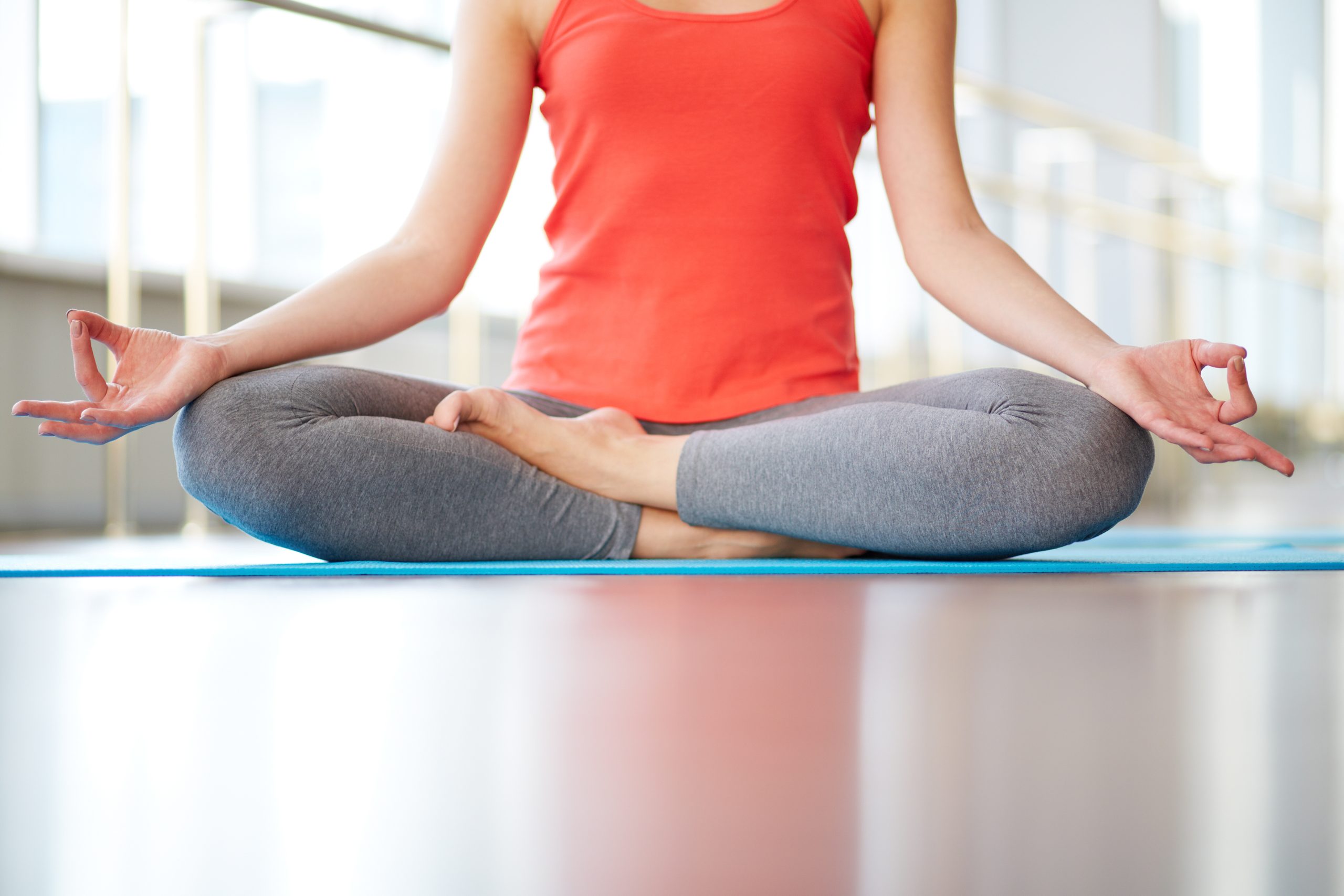Yoga is a practice that originated in ancient India but has gained popularity worldwide due to its physical and mental health benefits. In this blog post we will explore what yoga entails how it can benefit you personally as well as why choosing it for improving overall well being makes sense.
The word “yoga” comes from Sanskrit meaning union or connection – an approach aimed at achieving harmony between mind, body & spirit through various techniques such as breathing exercises, meditation practices along with physical movements. The ultimate goal of practicing Yoga is attaining improved health outcomes alongside happiness levels while also experiencing inner peace. By adopting this holistic methodology into your daily routine; individuals may experience significant improvements in their lives leading towards betterment on all fronts! So if you’re looking for ways to enhance your quality of life then consider incorporating Yoga into your regimen today!
Yoga is a holistic practice that has numerous benefits for physical fitness. Asanas (yoga poses) are specifically designed to target different muscle groups while also improving flexibility and balance coordination skills simultaneously. Additionally deep breathing techniques incorporated into yogic practices help oxygenate blood supply throughout the body which reduces stress levels significantly making it an ideal choice for those seeking non-high impact exercises like running or weightlifting instead of these activities as their primary mode of exercise regimen. With its gentle yet effective approach towards building strength without causing harm – Yoga proves itself time again why it remains one of the most popular forms of exercise worldwide!
Yoga has gained popularity in recent years for its physical fitness benefits but what many people don’t realize is that it also offers significant mental health advantages. Studies have shown that regular yoga practice can help alleviate symptoms of depression, anxiety and stress by promoting mindfulness which involves being present in the moment without judgment or criticism. This leads to greater self awareness and emotional stability.

Some Christians may worry about whether practicing yoga conflicts with their religious beliefs; however there are ways to adapt this ancient tradition so that it aligns with Christian values. For example instead of chanting mantras one could focus on silent prayer during ones practice. If youre new to yoga starting out might seem daunting – here are some tips to make things easier:
Yoga is a practice that requires patience and dedication. Starting out with simple poses will help you build strength gradually while avoiding injury or discomfort along the way. Listening to your bodys signals during each session can prevent overexertion which could lead to setbacks in progress instead of advancements towards achieving goals . Consistent practice at least three times per week ensures steady improvement while finding an experienced teacher or attending classes provides motivational support as well as guidance on proper form for various postures. creating a solid foundation for future growth within this discipline. With these tips in mind, embark upon your yogic journey with confidence knowing that success lies ahead!
Yoga is a versatile practice that can enhance both physical and mental wellbeing. Whether you’re seeking weight loss or stress reduction or simply looking for more joy in life – yoga has something to offer everyone! So why not give it a try? You may be pleasantly surprised by how much this ancient discipline transforms your existence!
